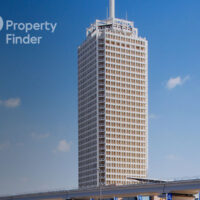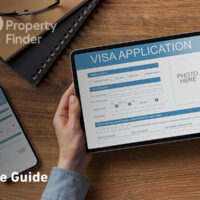
UAE authorities are tightening their grip on irresponsible lending and borrowing in the country with the issuance of a new circular by the Central Bank.
The banking authority has said that banks are now mandated to do checks on a customer’s credit history or background before releasing chequebooks. This is to ensure that users of cheques won’t default on any debt obligations or payments.
Before issuing customers with chequebooks, banks are now required to carry out checks with the Al Etihad Credit Bureau to ensure the creditworthiness of their customers, the Central Bank said in a statement.
Financial institutions are also being encouraged to advise consumers to minimise the use of cheques and use other payment methods instead.
Cheques remain a popular mode of payment for consumers in the UAE. They are primarily used for high-value transactions, such as paying rent or purchasing big-ticket items.
From January to April 2018, more than 7.16 million cheques worth Dh351.1 billion were processed by the UAE Clearing Cheque System, up by 29.7 percent from the same period in 2017. The value of bounced cheques, however, has declined to Dh15.7 billion. In 2018, an Indian businessman was arrested for racking up a total of Dh624 million in bounced cheques.
The authority also advised that new customers can secure a cheque book containing a maximum of 10 individual cheques and only after a period of six months – when no cheques are returned unpaid – can new cheque books be issued.
__________
Read more:
Are UAE Banks Ready for the FINTECH Revolution? — Lukman Hajje
__________
This article was originally published in Prestige magazine, Vol 38.
Source: The National newspaper, Abu Dhabi



































